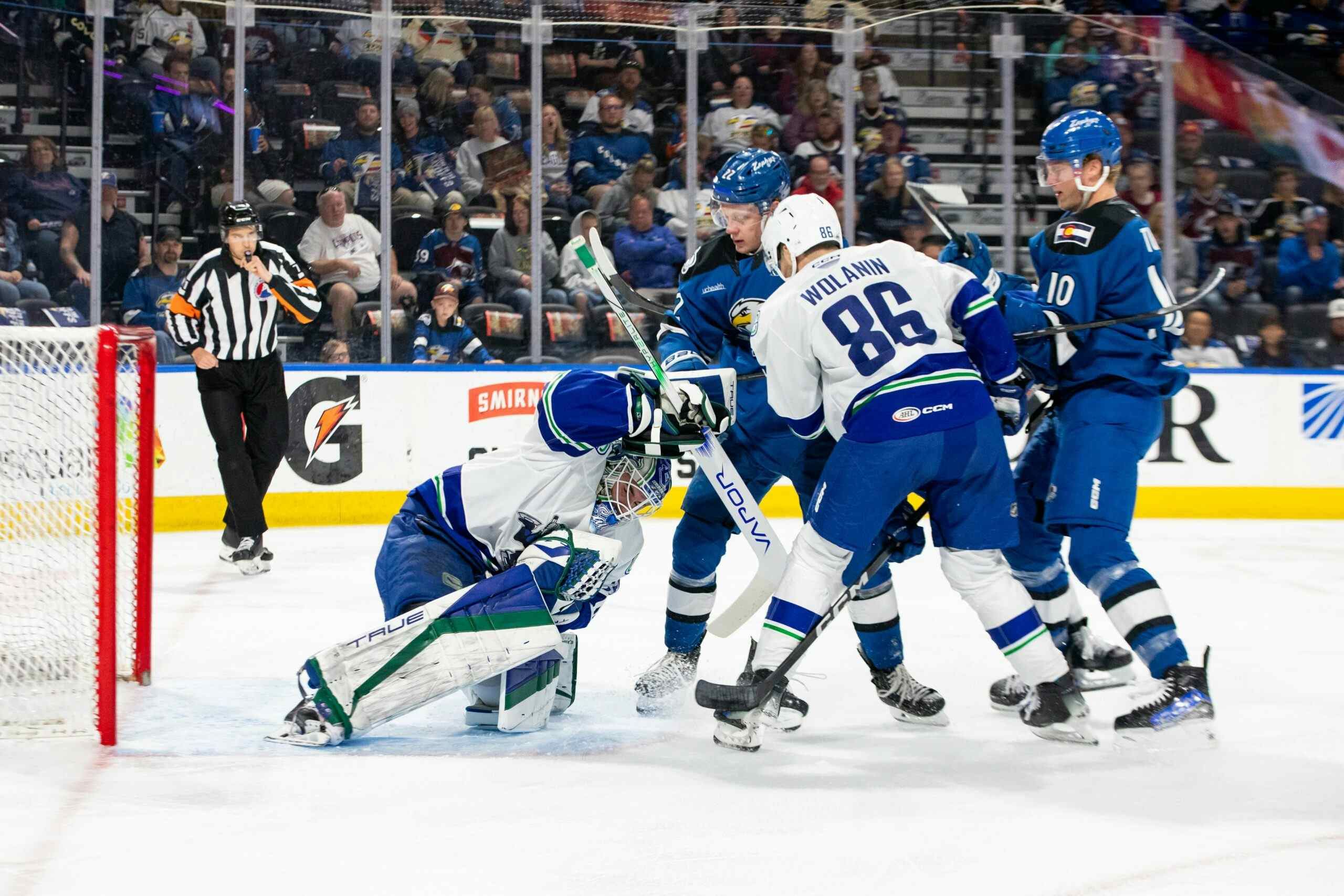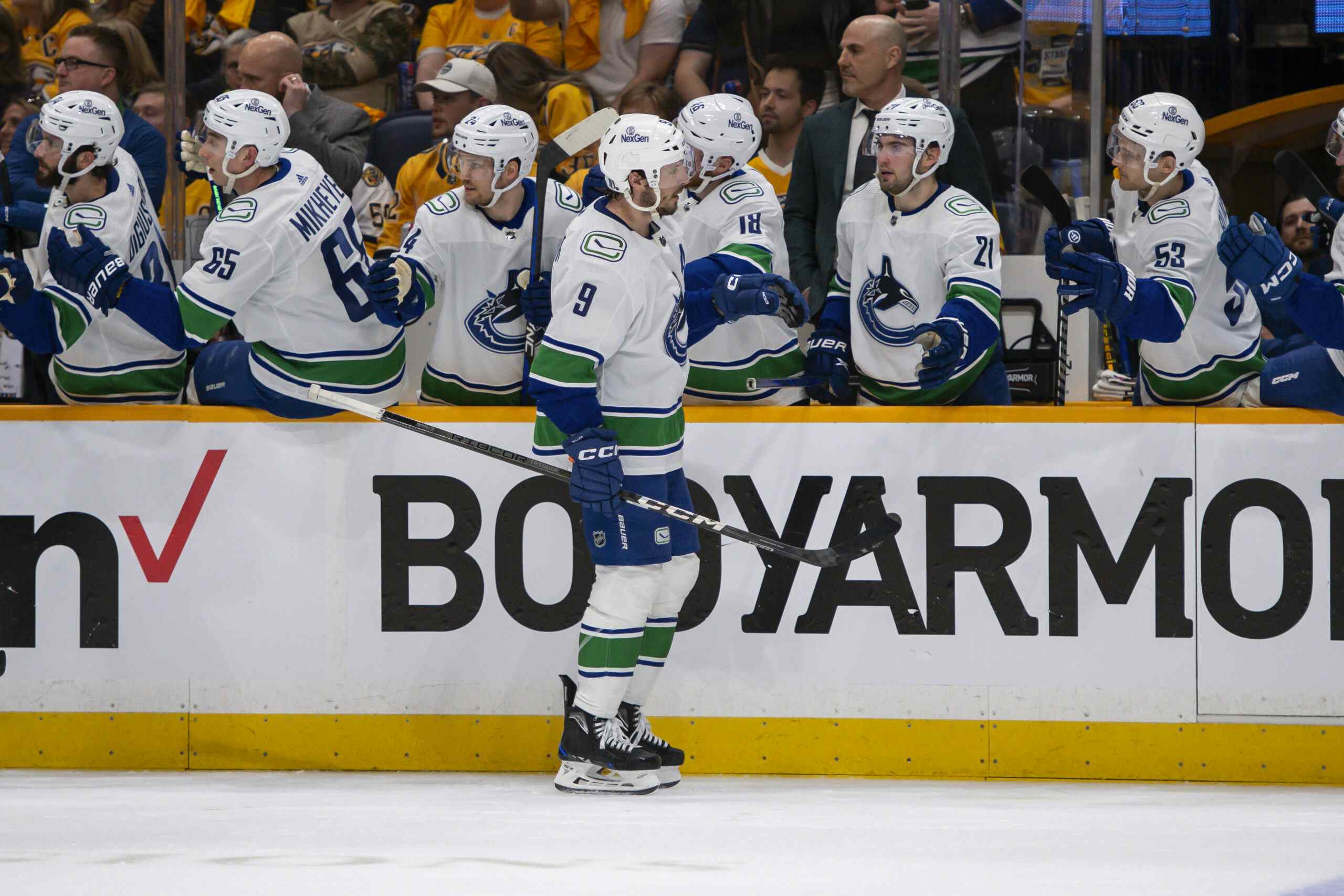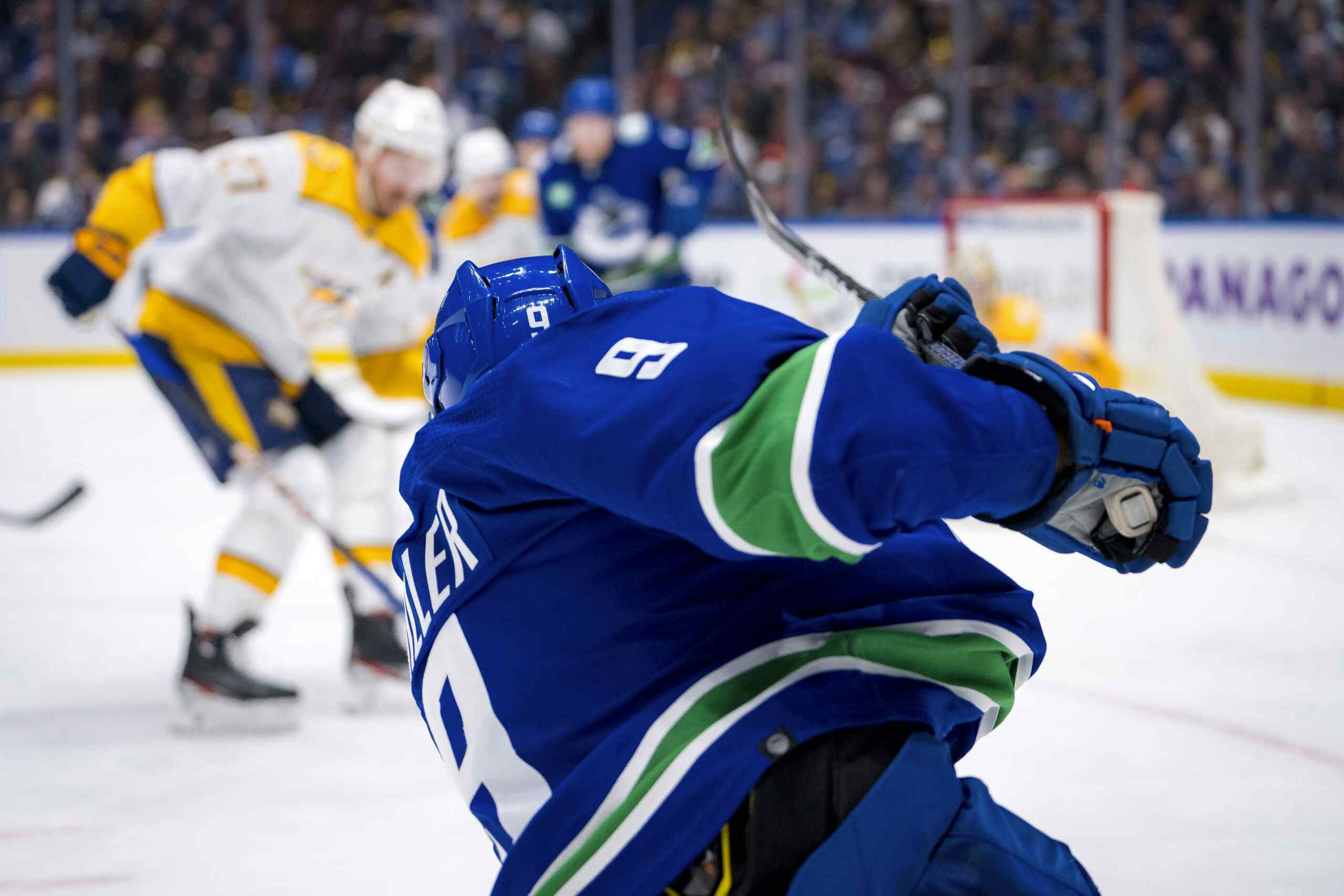Forbes Ranks Canucks as 7th-Most Valuable NHL Team: Why It’s Concerning
By Vanessa Jang
7 years agoSince the team’s peak years from 2009-2012, the Vancouver Canucks organization has enjoyed their fair share of ups and downs. It’s no secret the team has been on a decline over the past few years especially, though. Some remain hopeful and optimistic about the present, while others would like to see a regime that solely focuses on the future.
On Wednesday, Forbes released their annual NHL Valuations for 2016. At the top of the list were the cream of the crop Original Six, while the smaller hockey markets crowded the bottom. Being a Canadian market in a city that seemingly lives and breathes hockey, the Forbes listed the Vancouver Canucks as the 7th-most valuable NHL franchise. Sounds impressive right? It definitely is, but there are also some concerns that may arise within business operations.
The value of the Vancouver Canucks franchise has seen a decline in light of the Canucks’ struggles over the past few seasons. After the John Tortorella season, everyone hoped that bringing in Willie Desjardins, who has just won the AHL’s Calder Cup, would provide that spark that could jumpstart the Canucks once again. His first season in 2014 was undoubtedly successful, mainly given the fact that he had coached the team to the playoffs, arguably exceeding expectations. It was at this time when the Canucks’ value was at its peak: $800 million. They had earned a revenue of $154 million, as well as operating income of $46.7 million. The Canucks were #5 on Forbes’ NHL evaluations list.
Last season during the 2015 campaign, it appeared as if the Canucks had come down to earth a little bit. It was the start of management committing and promoting the transition of younger players, with hopes that fans would see the light at the end of a not-so-optimistic tunnel. Connecting the dots based on Forbes’ evaluation, they were not successful. The team’s value had decreased to $745 million with a 1-year value change of -7%. Revenue and operating income had declined as well, dropping to $152 million and $35.5 million respectively. The Canucks were now to #6 on Forbes’ list.
That brings us to the current numbers…
| Value | 1-Year Change | Revenue | Operating Income | Debt |
| $700 million | -6% | $146 million | $29.6 million | 11% |
Work appears to be difficult for the Canucks’ business operations department. Rogers Arena has not been meeting full capacity, only to be accentuated by the empty maroon seats that stand out in bunches. New ticket-pricing options were introduced, yet it has not been enough to lure the public to games. Fans are simply not willing to invest in the current on-ice product, and the Canucks have evidently taken that hit. The -6% valuation change is tied for last in the NHL with Calgary, who are at #16. Again, the Canucks have dropped one spot to #7 on Forbes’ NHL evaluations list.
The numbers above would make the Canucks front office and ownership cringe. The past three years have seen a steady decline in the financial aspect of the team. The Canucks’ value has dropped 13% in the previous two seasons – that’s a pretty big chunk of money.
These underlying numbers clearly raise red flags, indicating that the current plan is simply not working. Now, which plan am I talking about? Well, that’s up to you to decide.
The front office has been responsible for managing the ‘behind the scenes’ activity, dealing with matters such as ticket pricing, hospitality, and overall fan experience. They’ve introduced a game-dependent ticket-pricing system to combat their once-static high prices; the reception was given a full makeover with CSE operating independently, and they’ve done an excellent job producing the much-needed ‘little things’ such as digital content and social media engagement.
On the opposite side, Jim Benning and Trevor Linden have instilled the plan to transition young players into the line-up, where they have the opportunity to learn from quality NHL veterans. When this regime came in, they were not afraid to make moves that the fans opposed. Letting go of some fan-favourites carved room for the young players, which was a step in the right direction in most fans’ eyes. Although management’s plan is smart in theory, some may say that it simply will not work. The thought of tearing down and rebuilding has become a popular idea amongst many Canucks fans, but management has been adamant is not going down that route. The on-ice product that they have put together is arguably not an exciting team to watch. The numbers are proof that the Canucks are simply not willing to pay to watch the Canucks play. Trust in management has arguably declined significantly, and it seems that one of the biggest dilemmas is the different paths that Canucks fans and management want to take.
Fans are not happy, which means they have no reason so continually invest in a team that appears to be on a downward trend. The overhaul of the Canucks’ front-office tactics has seen positive results, in my opinion. It’s management’s plan and execution that it’s triggering the decline in valuation. I could honestly go on about what I think about management and their intentions, but maybe I’ll leave that for another day.
Nonetheless, it’s hard not to notice the annual decline in valuation that the Canucks have been hit with. It’s a huge concern, especially given the idea that the Canucks’ current state might just be the beginning of a long series of struggles. A $700 million valuation is an unfathomable amount of money, and the Aquilinis surely must be content since they purchased the team for $250 million. The Canucks’ value is up there with the Original Six teams, and it’s the third highest Canadian team after powerhouse Montreal and Toronto. Overall, their valuation is impressive and should be something we can hold our hats on. Nonetheless, the league-high 13% decline over the past two years is a problem. Something may have to be addressed to prevent any further downward trends.

Recent articles from Vanessa Jang





